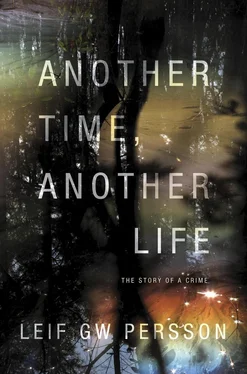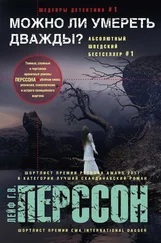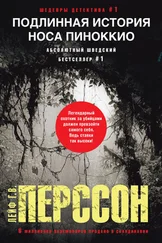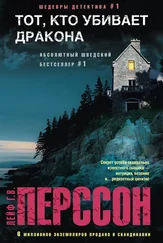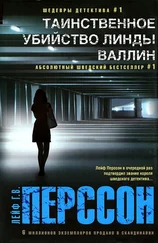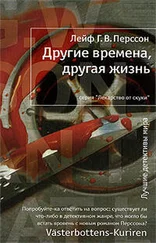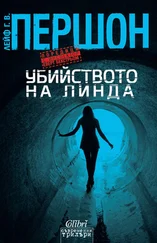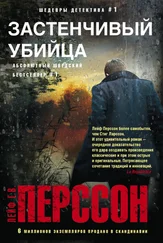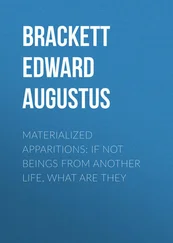“No,” said Holt, smiling weakly. “Just like Helena Stein, I’ve been living alone for a while.”
“Go out and get someone then,” said Johansson unsentimentally. “That shouldn’t be so damned hard.”
That evening Bo Jarnebring and his wife had come over to Johansson’s place for dinner. It had been just as pleasant as always, and when their guests had gone his wife had fallen asleep almost immediately with her head on his right arm and his left arm around her body.
Wonder how it’s going for Holt, thought Johansson. Did she sneak out to the pub and hook up with a guy? And then he too had fallen asleep.
38
Monday, April 10, 2000
Johansson devoted the weekend to various activities. Part of the time he spent with his wife. He also went through Mattei’s comprehensive material on undersecretary Helena Stein, and when he was done he was in complete agreement with Mattei. If she ever failed to write a novel she couldn’t blame lack of research material at any rate.
On the subject of the imagination, thought Johansson, it’s probably only when that takes over that even a reasonably good story takes off and the people in it really come to life. What was true and what was false was actually a rather overvalued distinction. Wasn’t it the case that the really great truths, the eternal truths, could only be given life and substance by means of the human imagination?
Johansson felt so uplifted by these and similar musings that he decided to reward himself with yet another glass of red wine before going to bed. That evening his wife had gone to see her best girlfriend, and as she was leaving she’d let him know it would probably be a late night and he didn’t need to sit up waiting for her.
On Monday morning Johansson was still in a good mood, which was excellent because he would be meeting with his department’s chief prosecutor first thing, and he would need all the strength he could summon.
“What do you think?” said Johansson, nodding at the chief prosecutor, who was already squirming in his chair on the other side of Johansson’s large desk.
“There are undeniably a number of unpleasant coincidences,” said the chief prosecutor, who did not appear particularly cheerful.
“There sure are,” said Johansson heartily. As so often happens when against your better judgment you try to make the best of chance, he thought.
“There is no way this constitutes reasonable grounds for suspicion,” said the chief prosecutor deprecatingly, holding up both palms. “Far from it, far from it. I’ve tried to do an ordinary, traditional sifting of evidence, and when I consider the various aspects — both separately and combined — the only reasonable conclusion is that they’re insufficient... clearly insufficient.”
“That’s more or less the same conclusion we’ve drawn,” Johansson agreed.
“That’s probably the only reasonable conclusion you can come to,” said the prosecutor, “and we can’t disregard the fact that there are credible alternative explanations for what might have happened when Eriksson was eliminated. In which there is not the slightest room for any involvement on Stein’s part, I might add.”
“So what are you thinking?” asked Johansson innocently, despite the fact that he had already figured out what the response would be.
“Well,” said the chief prosecutor, “I’m thinking for example of the interview with Chief Inspector Bäckström. He does have a completely different view of the matter, and he was after all responsible for the original investigation.”
“He certainly was,” said Johansson.
“Bäckström is a very experienced, skilled police officer,” said the prosecutor. “One of the real old owls,” he said, nodding with more emphasis than even Johansson would have expected of him.
“A real old owl,” said Johansson heartily. A really thirsty old owl, he thought. “That homosexual lead is definitely promising,” he continued. Assuming that you’re really stupid, and you definitely are, he thought.
“What do you think about a dismissed with prejudice as far as Stein is concerned,” the chief prosecutor said carefully.
“A strong dismissal,” Johansson emphasized.
“And that the investigation your people have done — very meritorious, I want to emphasize — obviously stays up here with us,” the prosecutor decided, already seeming considerably perkier.
“Yes, of course,” said Johansson. “Anything else would be purely defamatory. When do you think you can have the papers ready?” he asked. I’ll talk with my people, he thought.
“When do you want them?” the chief prosecutor.
“Preferably now,” said Johansson. And if you even think about chickening out at the last minute, I’ll kill you with my own bare hands, he thought.
“How about this afternoon?” the prosecutor asked carefully. “I need a few hours to refine some of the wording, but you’ll get a decision this afternoon.”
“This afternoon will be fine,” said Johansson. Refine away, he thought.
“Unfortunately,” said Johansson an hour later as he was sitting with his investigation team, “we got the cold shoulder from the prosecutor. The poor guy was scared to death.”
“Such is life,” said Wiklander philosophically. And I don’t intend to lie awake at night on Eriksson’s account, he thought.
“Yes, it doesn’t seem like Stockholm will straighten out this case,” said Holt. Despite the fact that Bäckström apparently quit, she thought.
“Damn it all,” said Martinez. Fucking cowards, she thought. If this hadn’t been about someone like Stein then the colleagues down in Stockholm probably would have pounded the shit out of her, she thought.
“I think it sounds like the right decision,” said Mattei. Because regardless of what Johansson said about the case last Friday, it needn’t be the case that Stein killed Eriksson. In any event it had not been established beyond a reasonable doubt, she thought.
“Okay then,” said Johansson, nodding. “By the way, on a completely different matter, I want you to close your eyes,” he said, smiling. “Then I want everyone to raise your hand if you think we’ve done all that can be asked of us. Now you can look,” said Johansson.
Three hands out of four, he thought, but because he himself was holding up both of his it was all the same.
“I’m sure you’ll get another chance, Martinez,” said Johansson, nodding. “Thanks for a good job by the way, and that applies to all of you,” he said. And now only the hard part remains, he thought.
After lunch Johansson met two of his colleagues from counterespionage, who gave him a presentation on Michael Liska, born in Pest, Hungary, in 1940 and an American citizen since 1962.
“Allowing for the fact that we don’t have too much on our American friends — for obvious reasons, as you surely understand,” said the police superintendent, who was one of several assistant heads in the department, “we have nonetheless tried to gather together what there is about old Liska. It’s on the disk here,” he said, handing over a computer disk to Johansson. “All we have on him is there, which as I said is not very much.”
Then perhaps, given the way the world is starting to look, it’s high time you find out a little more about him, thought Johansson, but naturally he didn’t say that to them. Someone besides him would have to do that.
“Can you summarize what’s here?” asked Johansson.
“Certainly,” said the police superintendent, and then he did.
According to the police superintendent, Liska had been working for almost thirty years at the CIA, and before that with the naval intelligence service. He was a legend within the CIA and the intelligence agencies of the Western world, and nowadays not even a particularly secret one. Among other things he was said to have played a prominent role in the execution of Operation Rosewood.
Читать дальше
